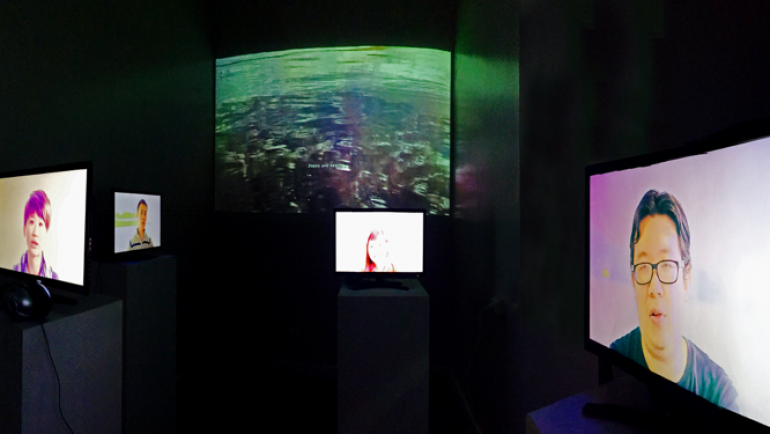Scientia Education Academy Lecture Series
Moral panics about dropping standards or the undue influence of foreign countries can make any discussion of international education fraught and highly contentious.
Most institutional responses to the challenges of global education end up reinforcing highly suspect models of deficit educational dependence. Rather than just focusing on individual student learning, the Teaching International Students (TIS) project utilises synergistic community-based approaches to develop independent case-based knowledge in academic professional learning.
In this lecture, A/Prof Rourke and A/Prof Snepvangers will showcase a range of creative ‘Ecologies of Practice’ encounters1,2 utilised within the TIS project. Visual connectivity maps, events, arts-based resources and ‘Students as Partners’ projects have been captured longitudinally in a collaborative Distributed Facilitator Framework (DFF)2. Using Kruger’s iceberg theory3, the TIS project prioritises interdependent practitioner case-based action research methodology. In this emergent ecosystem students and educators work iteratively to develop reciprocal relationships, making shifts in practice visible whilst simultaneously documenting educational career development.
References
1. Kemmis & Heikkinen, 2011.
2. Snepvangers & Rourke, 2017.
3. Kruger, 1996/2013.


